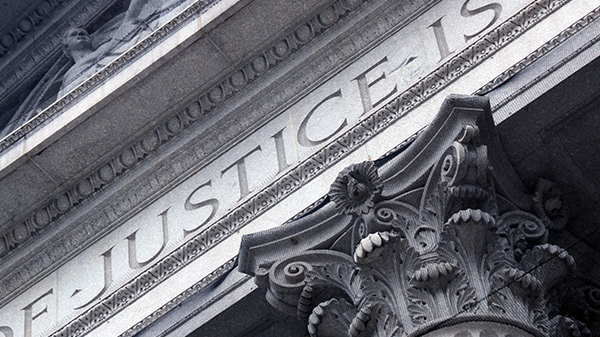On March 28, 2022, Judge Gregory Woods of the U.S. District Court for the Southern District of New York issued a Memorandum Opinion and Order ruling in favor of employee whistleblowers who were improperly terminated for various reasons — including having sought to prevent their employer from forcing employees to work from the office at the beginning of the Coronavirus pandemic in violation of Executive Orders issued by the State of New York.
The trigger case was Plaintiffs v. Cohen Brothers Realty Corporation, in the wake of which Lieff Cabraser partner Wilson Dunlavey represented the National Employment Lawyers Association (NELA) of New York in amicus briefing in support of former Cohen Brother Realty employee-whistleblowers Corinne Arazi, Roseann Hylemon, and Evelyn Julia. These plaintiffs alleged they were subjected to cruel treatment and unwanted sexual behavior while working at Cohen Brothers from the beginning of their employment until the COVID-19 pandemic began, and that the employer failed to accommodate their disabilities during the pandemic.
Judge Woods held, among other things, that the plaintiffs were engaged in whistleblowing within the meaning of New York State Law and had properly alleged retaliation claims. This required a detailed analysis of what counts as a public risk, and will be very helpful outside of this context going forward. In his opinion, Judge Woods also upheld the plaintiffs’ disability discrimination claims.
While the conclusions above may seem straightforward and even obvious, prior to this ruling New York State Law was a mine-field, with unresolved questions over the status of Executive Orders, the degree of specificity employees needed to allege, how “right” an employee needed to be (unofficially if not officially), and where to draw the line between self-interest and acting to protect others (for example, what does acting for the “public” really mean, if it includes one’s self?), in the contact of whistleblower pleadings. To address these open questions and other related deficiencies in the established case law, NELA has been eager to take on a relevant case whose resolution could provide clarity and guidance for future cases, as well as to validate whistleblowers and encourage others to speak up in the face of mistreatment and workplace injustice.
Congratulations to Wilson and NELA on this critical work helping the Court reach a much-needed ruling, establishing new and significant boundaries in the ongoing fight for workers’ rights.
Contact us
Use the form below to contact a lawyer at Lieff Cabraser.














